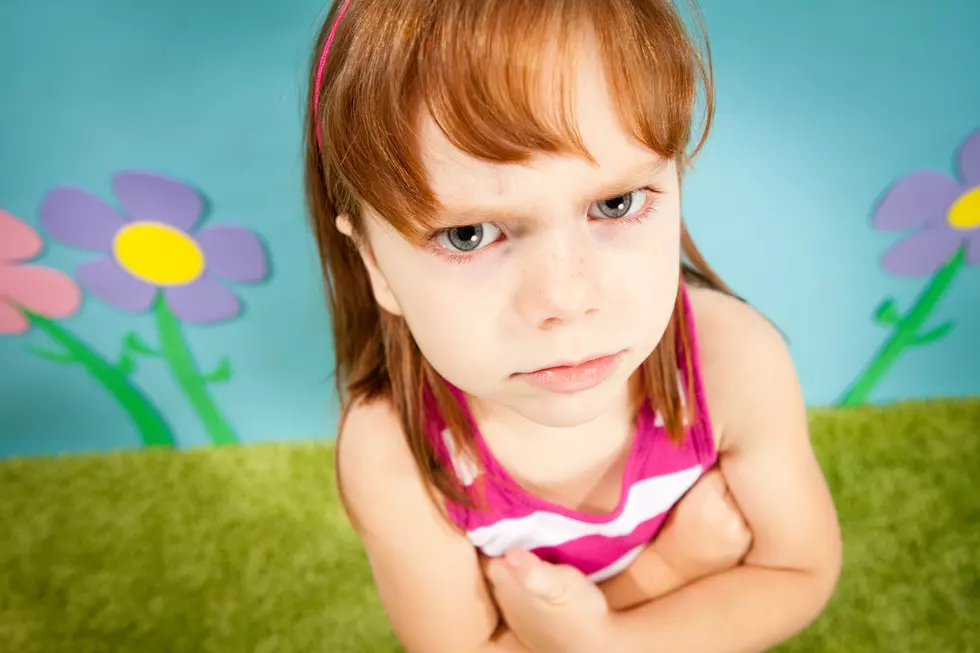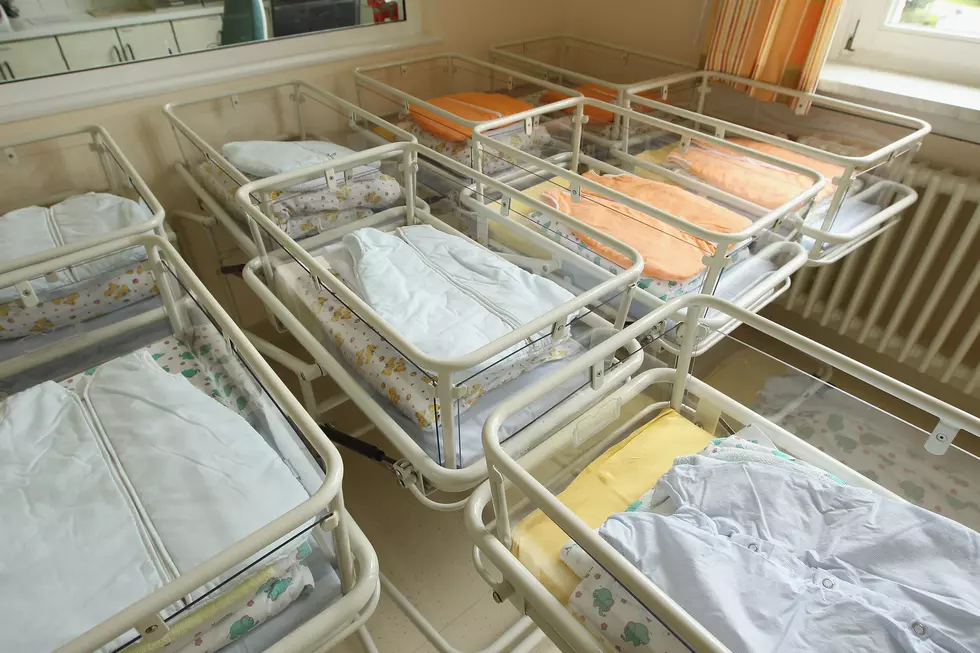
Is There a Shelf Life on Your DNA? The Best Age for a Man to Become a Parent Revealed
Men who are choosing to wait until later to have children are taking a larger risk of having a child with genetic defects, learning disabilities, and psychological issues, according to Men's Health.
"Genetic Problems come in a U-shaped curve during a man's life," said Harry Fisch, M.D., Clinical Professor of Urology and Reproductive Medicine at Weil Cornell Medical College in New York.
Young men around 15-16 are still making new sperm, which can sometimes cause stillbirths for young mothers. Once a man reaches the age of 30, his testosterone levels are dropping at a rate of 1% per year. By his mid 30's, mutations begin to occur within the DNA.
"Testicles reproduce millions of sperm, but somewhere around the 300-500th sperm replication (mid 30's), the DNA copy comes out a little shoddier with an error or two. As you age, the abnormalities build," said Dr. Fisch.
According to studies performed at the Mt. Sinai School of Medicine, there is a greater risk of fathering a child with autism while in your 30's. That chances multiplies five-fold for those in their 40's. Also, the likelihood of fathering a child with schizophrenia doubles after age 40 and triples at age 50+. Men approaching 40 also have an increased risk of having children with bipolarity, epilepsy, prostate cancer, and breast cancer.
In a 2005 study at the University of California in Los Angeles, researchers found that babies were four times more likely to have Down's Syndrome when born to couples where the men are at least 50 years old with wives over 35.
Every man's body and sperm health is different. "Some bio clocks tick faster than others," said Dr. Fisch, "If you have a belly, you're body will deteriorate at a faster pace."
If you are considering having children, you should measure your waist size at your belly button. If your belly's circumference is more than half of your height, then you might think about starting your family a bit sooner than later.
"What is bad for the heart is bad for the penis," said Dr. Fisch. The same advice goes for those who smoke, do drugs, indulge in hot-tubs, and those unfortunately born with undersized testicles.
Men are encouraged to become fathers around the same age as women. The best age for childbearing is still 20-35 in women, according to Medical News Today. In women, age related fertility problems increase after 35, and dramatically increase after 40. Though having a family pre-30 seems to be the best choice to ensure genetically healthy children, having a healthy baby is still possible at 40.
More From 96.5 KVKI









